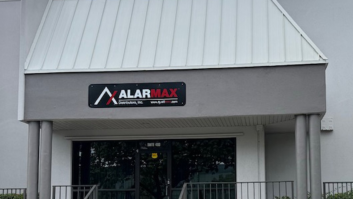
Las Vegas – The FCC will propose regulations that ensure open access to the Internet while providing “sufficient incentives to ISPs to build better networks,” FCC chairman Tom Wheeler said during a Q&A session with CEA president Gary Shapiro during International CES.
The IoT opportunities on display at International CES “demand open networks,” Wheeler said, and the FCC will vote Feb. 26 on proposed regulations that will provide those opportunities while ensuring ISPs get a fair return on investment, Wheeler said.
Over-the-top video services represent “a huge opportunity for broadcasters,” he noted, but an open Internet is necessary for that to happen because “you have to have access to that pathway.”
“There is a way to do Title II right” [taking a common-carrier approach to regulating the Internet] without thwarting investment, Wheeler contended. He pointed to the wireless industry, which has been “monumentally successful” as a Title II-regulated industry. “The wireless model is a good model.”
The federal government already regulates the wireless industry as a common carrier, he explained, although the regulations say the FCC must forbear from imposing “onerous provisions.”
Under Title II, he noted, the wireless industry wasn’t required to file for tariff approval.
The FCC’s proposed rules will prevent blocking, throttling, and paid prioritization, and the regulations will create a “just and reasonable” yardstick by which to assess ISP behavior, he told the audience.
“We’ve recognized that there are some instances where prioritization makes sense, but there many other instances where you can buy your way into a better position that we will look askance at,” he said.
Planned broadcast-spectrum incentive auctions will help stimulate ISP competition, he also told the crowd. He noted that80 percent of Americans have access to broadband networks with download speeds up to 25Mbps and upload speeds of 3Mbps, but only three fourths of those consumers have a choice among carriers offering such speeds. “Hopefully we can overcome that.”
Wheeler said he believes the incentive auctions can be held in early 2016 even though broadcasters have filed suit to delay the auction and change the rules. He said he hopes the case can be argued in March and decided by May or June.
Broadcasters, he noted, have begun to change their opinion on the auctions because of the prices paid for AWS-3 spectrum by wireless carriers. The auction “whet the appetite” of broadcasters because they now realize “what they’re sitting on has immense value.” Broadcasters also now realize that they can participate in the auctions “without losing the business they are in.”
On another matter, Wheeler said technology companies like those at CES will play a major role in growing the amount of spectrum available for use by consumers. “The future in spectrum is in spectrum sharing,” he said, and that is a “technical issue” that technology companies can address.













